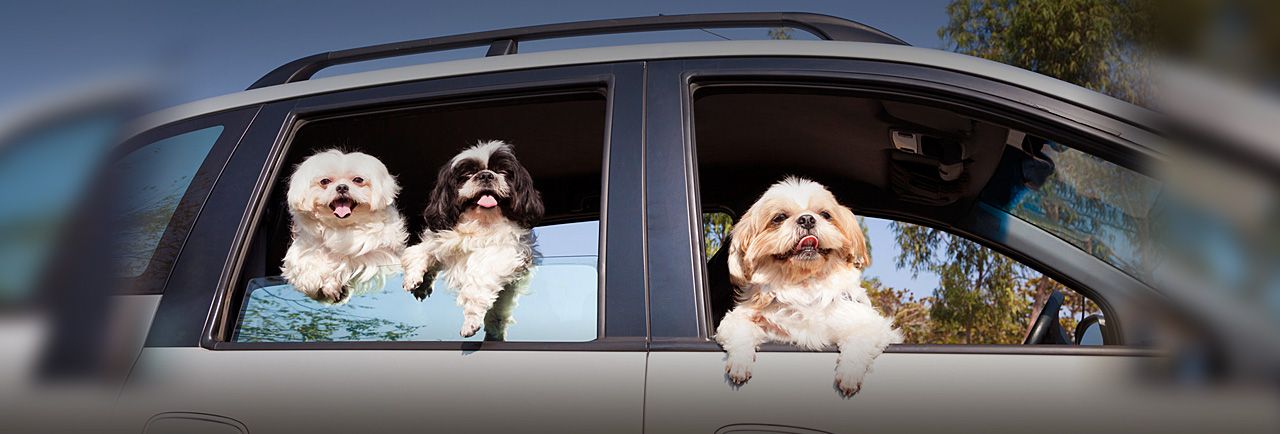Pets & Disaster Preparedness
We have gotten a lot of email from pet owners who don’t know how to handle emergency situations with their pets. Beyond staying in touch with your local Emergency Management Service when a storm has been identified, The Humane Society of the United States has an excellent Pet Disaster Preparedness Plan that allows you to plan far ahead of time before a disaster or storm is even on the horizon. It’s a 7-part plan of which we have excerpted Part 1 – Plan For Your Pets. Be sure to visit the HSUS site for the rest of the plan and to get more information on making a disaster kit for pets, evacuation, sheltering in place safely, what to do after the emergency, and much more.
Plan for Your Pets
Make sure that cats and dogs are microchipped and wearing collars with up-to-date identification tags, including your cell phone number.
You’ll increase your chances of being reunited with pets who get lost by having them microchipped; make sure the microchip registration is in your name. But remember: The average person who finds your pet won’t be able to scan for a chip, but they will probably be able to read a basic tag!
Find a trusted neighbor, friend or family member and give them a key
Make sure this backup caretaker is comfortable and familiar with your pets (and vice versa). Make sure your backup caretaker knows your pets’ feeding and medication schedule, location and habits. If you use a pet-sitting service, find out in advance if they’ll be able to help in case of an emergency, such as an unexpected hospital visit or a snowstorm that leaves you stranded.
Make sure all your pets are current on their vaccines
and have copies of those records handy. Some of the shelters, rescues, hotels, clinics and boarding kennels that might temporarily house pets during disasters will require vaccination records.
Contact hotels and motels outside your immediate
area to find out if they accept pets. Ask about any restrictions on number, size and species. Inquire if a “no pet” policy would be waived in an emergency. Keep a list of animal-friendly places handy and call ahead for a reservation as soon as you think you might have to leave your home. The longer you wait, the less likely there will be vacancies at nearby locations.
Make a list of boarding facilities and veterinary offices
that might be able to shelter animals during disasters and emergencies (and make sure to include their 24-hour telephone numbers).
Evacuate early.
Don’t wait for a mandatory evacuation order. Evacuating before conditions become severe will keep everyone safer and make the process less stressful. If you need assistance evacuating your residence/shelter, please contact your local Emergency Management Agency.
Be Prepared–Be Safe!
![]()


 PetsWelcome
PetsWelcome



Facebook Comments